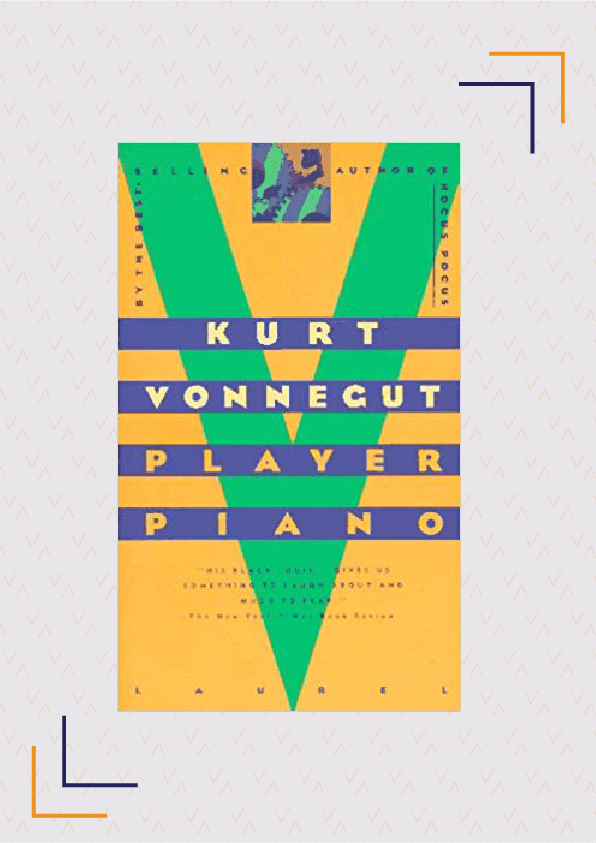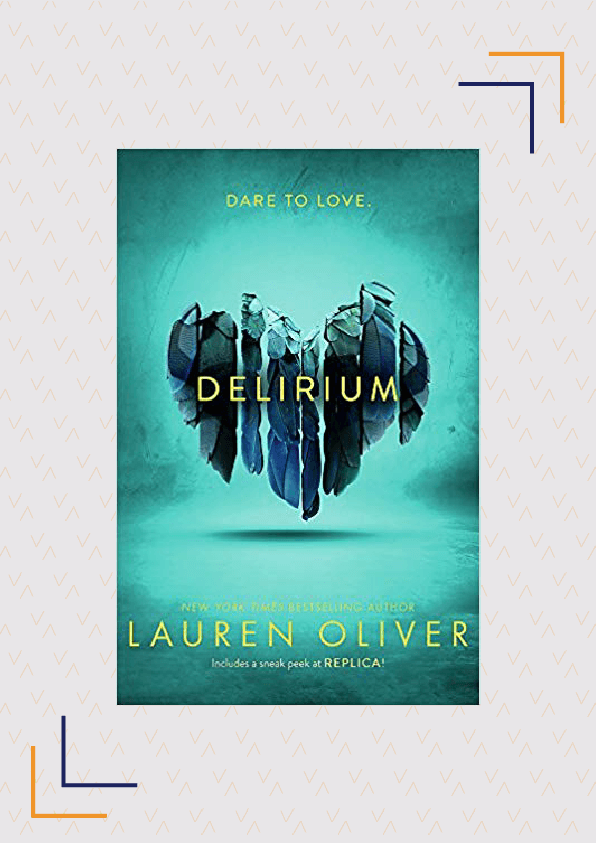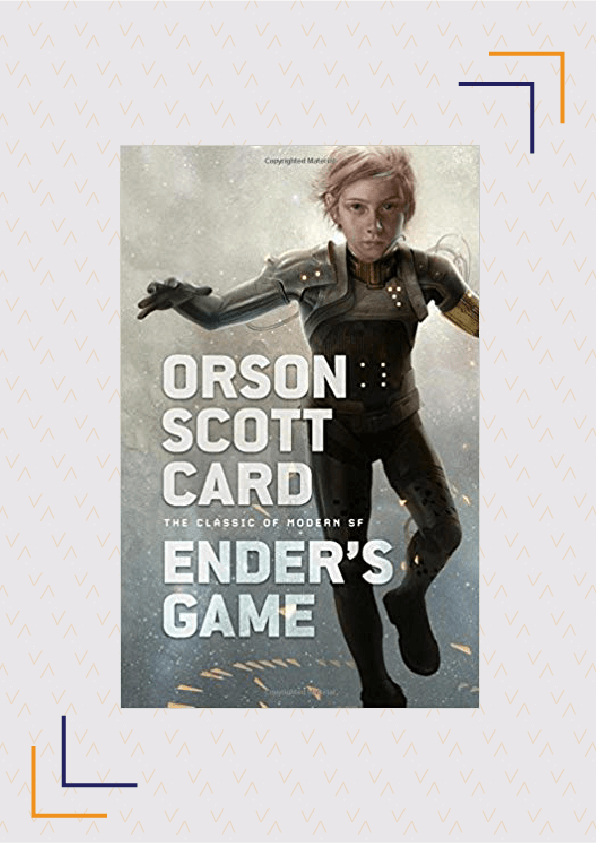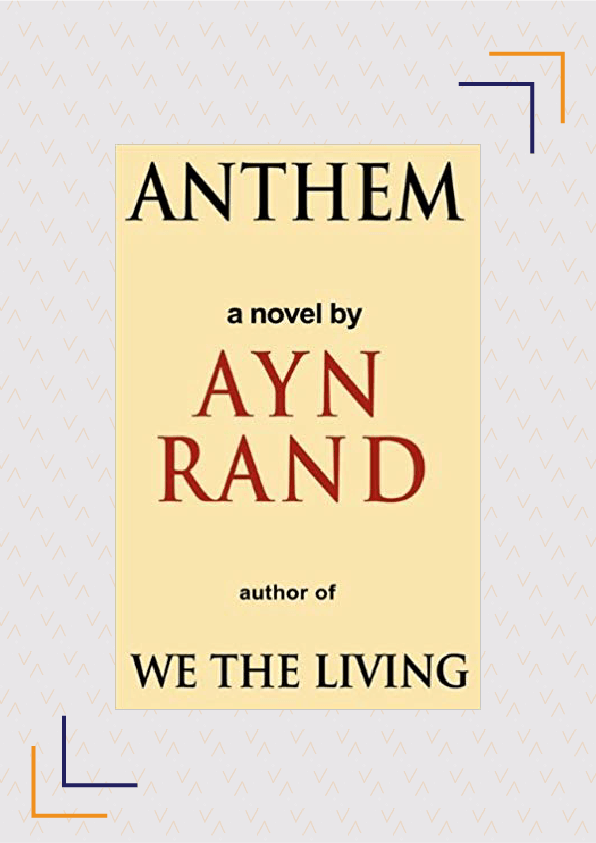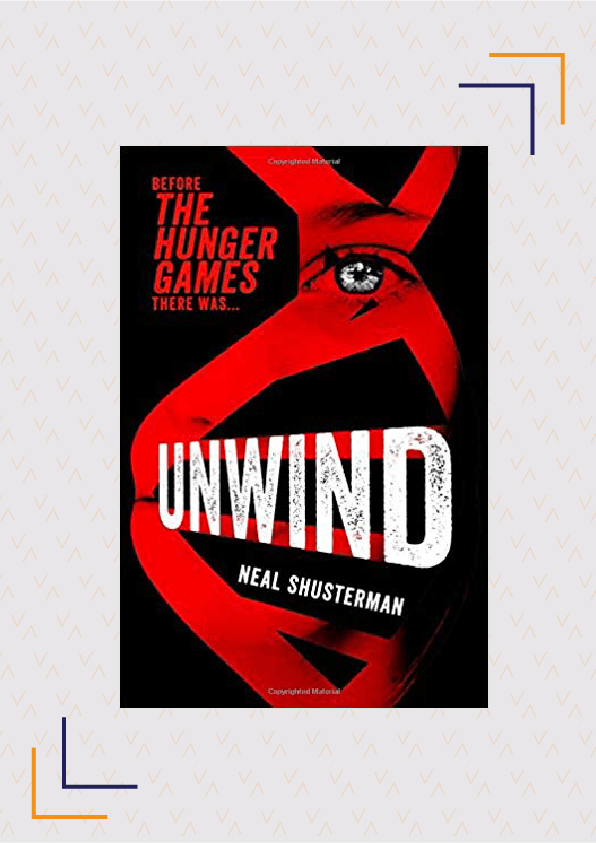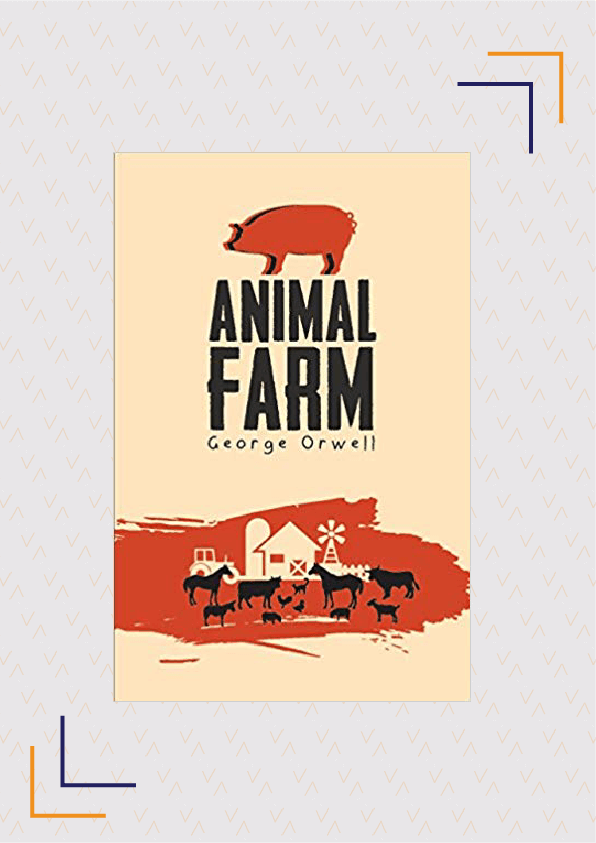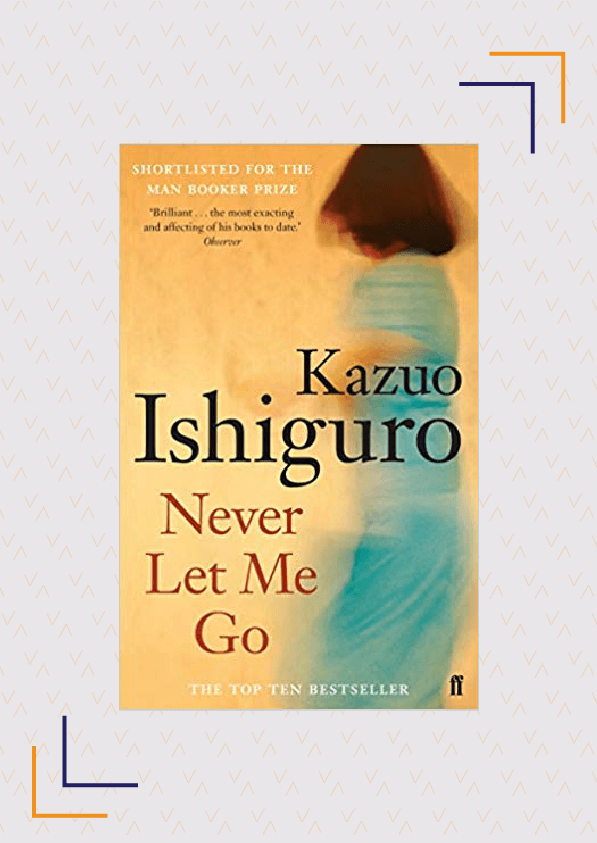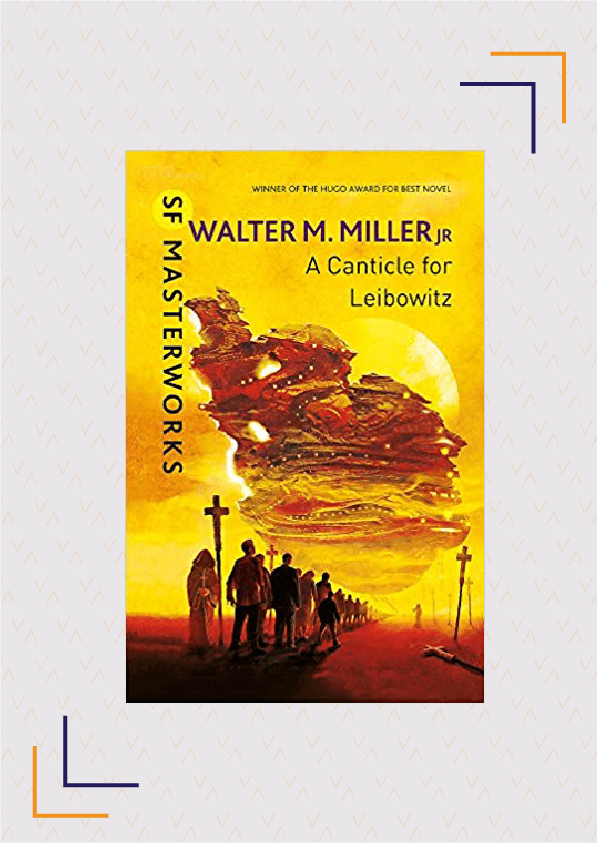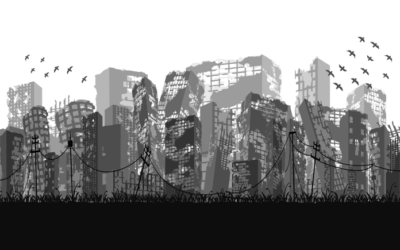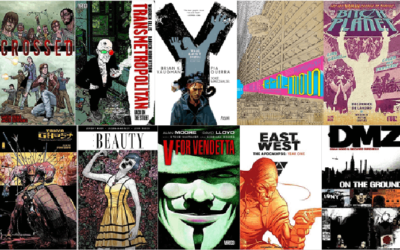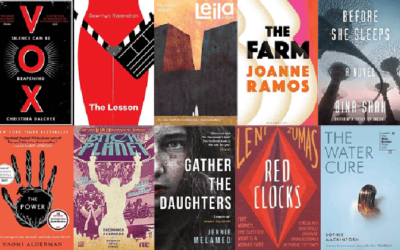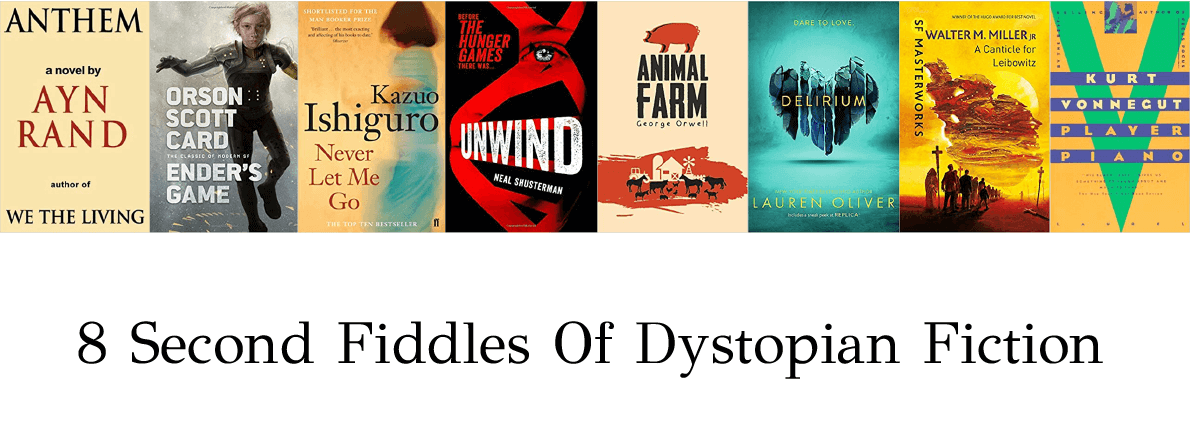
Dystopian fiction depicts a world turned upside down, in which society has gone horribly wrong and an intrepid few strive to set it right. Perhaps a fascist government brutally squashes individual rights and persecutes any dissenters. Or rampant climate change results in cataclysmic disasters that destroy continents and leave the remaining humans fighting for survival. The genre grew to prominence amidst the Nazi and Communist totalitarian states in the 1940s and 50s and has undergone a resurgence in this century. But dystopian fiction runs far deeper than standouts like 1984, Brave New World and The Hunger Games. Here are eight dystopian novels that failed to gain the popularity of other titles by the same author or were somewhat overshadowed by similar novels released around the same time.
01
Player Piano
Kurt Vonnegut
The first novel by this renowned author never quite garnered the acclaim of subsequent titles like Cat’s Cradle and Slaughterhouse-Five. Published in 1952, Player Piano follows a smart young factory manager and a third world spiritual leader grappling with a society controlled by a supercomputer and run entirely by machines. It highlights a world where people are effectively rendered useless as a result of having been replaced by automation.
Buy it here.
02
Delirium
Lauren Oliver
The first book in the Delirium trilogy made the New York Times bestseller list but got somewhat lost in the shadow of Veronica Roth’s Divergent, which was released in the same year. In a society where humans are “cured” of their capacity to love on their 18th birthdays, a teenage girl, Lena Haloway, falls for a boy, Alex, who has not taken the cure and lives beyond civilisation. As a result, her world turns upside down.
Buy it here.
03
Ender’s Game
Orson Scott Card
The first published novel in Card’s Ender series depicts a young boy training with other children to fight a hostile insectoid alien race. It won the 1985 Nebula Award and the 1986 Hugo Award, both for Best Novel. Though Ender’s Game is popular in its own right, it’s hard to pick just one book out of the Ender series. In fact, the 1986 sequel Speaker For The Dead topped Ender’s Game by winning the 1986 Nebula Award, the 1987 Hugo Award and the 1987 Locus Award.
Buy it here.
04
Anthem
Ayn Rand
In this dystopian future, humankind has entered a new Dark Age in which technological advancement is either carefully planned or outright denied and the concept of individuality no longer exists. Anthem received mostly positive reviews and was nominated for a Retrospective Hugo Award in 2014. Yet it failed to achieve the massive success of Rand’s subsequent bestsellers The Fountainhead and Atlas Shrugged.
Buy it here.
05
Unwind
Neal Shusterman
Three runaways fight for survival in a near-future American society in which unwanted teens are salvaged for their body parts. Despite generally strong reviews, this young adult dystopian series never attained the runaway sales of Suzanne Collins’ Hunger Games trilogy, which began the year after Unwind was published.
Buy it here.
06
Animal Farm
George Orwell
Perhaps the greatest literary allegory, this novella satirises Soviet Russia under the guise of a fable about rebellious farm animals. Yet it is Orwell’s 1984 that remains the standard for dystopian fiction and offers, in my opinion, the most terrifying and insightful depiction of state power ever written.
Buy it here.
07
Never Let Me Go
Kazuo Ishiguro
Despite its critical accolades (Time magazine’s best novel of 2005 and a 2006 Alex Award), this novel about three adults recalling their childhood days at an exclusive English boarding school was somewhat eclipsed by several other titles in the subsequent young adult dystopian boom of the late-2000s. Dystopian author Lois Lowry (The Giver) told me she loves Never Let Me Go “for the elegance of the writing.”
Buy it here.
08
A Canticle For Leibowitz
Walter M. Miller Jr.
After a nuclear holocaust, monks at a Catholic monastery in the desert of the Southwestern United States attempt to preserve the surviving remnants of man’s scientific knowledge. Despite winning the 1961 Hugo Award, Miller’s novel remains overlooked in comparison to contemporaries like A Clockwork Orange, Do Androids Dream Of Electric Sheep? and Fahrenheit 451.
Buy it here.
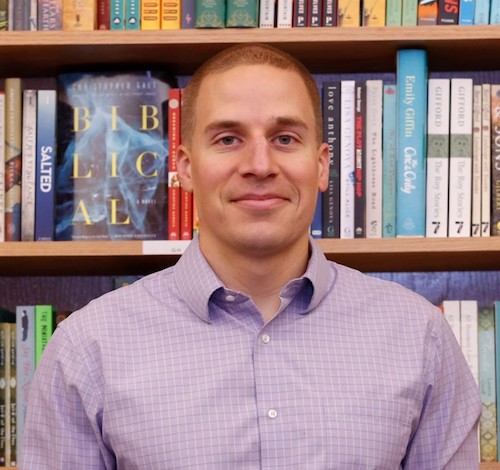
Greg Hickey is the author of the dystopian fiction novel Our Dried Voices and curator of The 110 Best Dystopian Novels.

